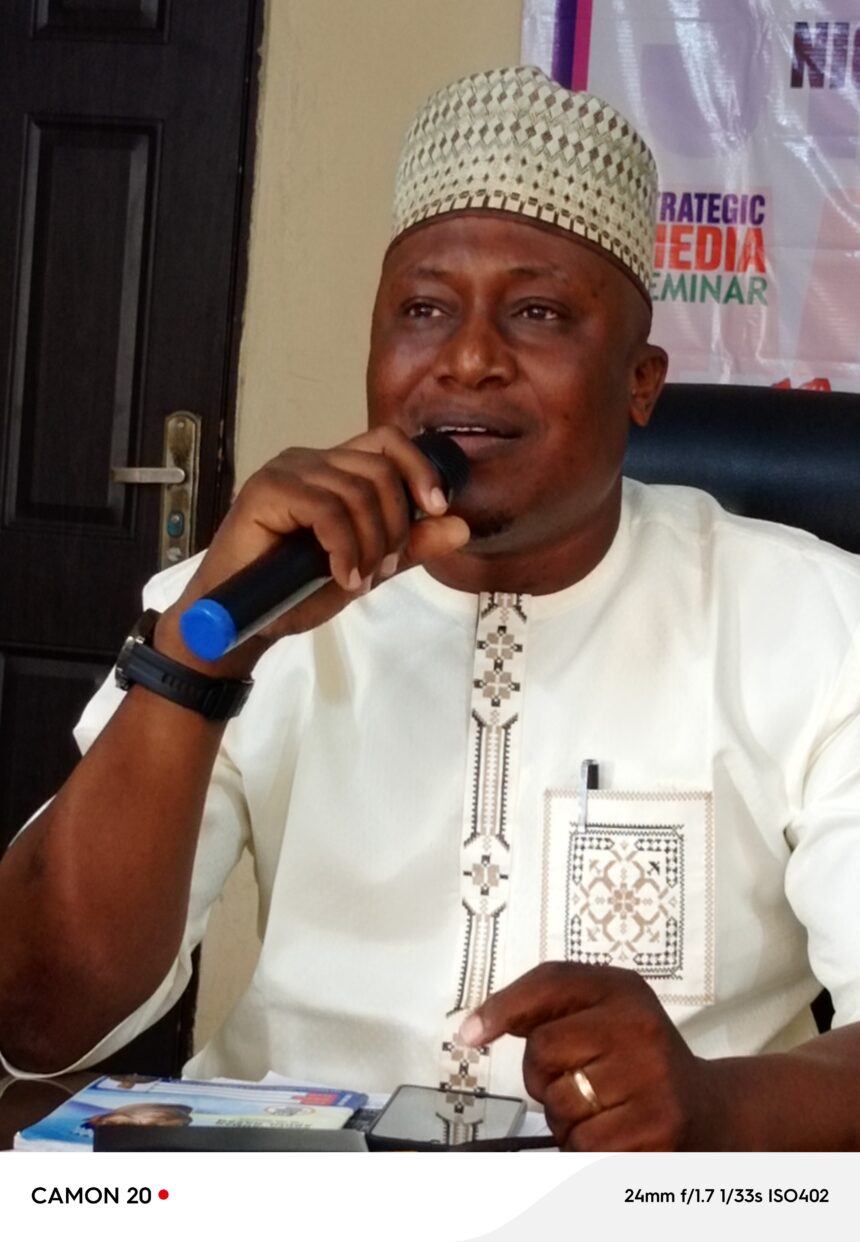A grassroots political advocate and member of the ruling All Progressives Congress (APC) in Kwara State, Hon. Makanjuola Yahaya Lanre, has cautioned that the recent Supreme Court decision granting financial autonomy to local governments across Nigeria may deepen inequality between affluent and under-resourced communities if not carefully implemented.
Speaking at the sixth Nigeria Union of Journalists (NUJ) Sobi FM Chapel’s media parley, held in partnership with the Nigerian Media Parliament and themed “Grassroots Governance and Security: A Framework for Sustainable National Development,” in Ilorin on Wednesday, Makanjuola praised the landmark July 2024 Supreme Court ruling. The ruling upheld the constitutional autonomy of local governments and ordered the direct allocation of funds from the Federation Account to local councils, thereby bypassing state governments.
“Without a doubt, this decision marks a new dawn for local government administration in Nigeria. For the first time in decades, councils can now plan, budget, and execute projects without state interference.”
However, Makanjuola warned that this new financial freedom also carries potential risks, particularly the possibility of increased economic disparity among local councils.
ALSO READ: Tinubu calls for global unity, bold action to tackle climate crisis
“Financial independence means local governments now rely solely on what they can generate and what they receive directly from the centre. Wealthier LGAs will thrive. But what happens to rural councils with low revenue bases?” he queried.
According to him, many citizens also misunderstand the capacity and limitations of local governments.
“People expect well-paved roads, stable electricity, quality schools, and healthcare, yet demand lower taxes. That’s not sustainable,” he said, calling for significant investment in financial transparency and public education at the grassroots level.
He noted that while Ilorin West and other urban councils may benefit from the new arrangement, many others in the state’s hinterlands and across Nigeria may be left behind if a national equalization mechanism is not introduced.
“Democracy works best when citizens can track what their taxes are doing. But it also fails when some areas can’t even generate enough to pay staff or clear refuse,” he said.
Makanjuola advocated for a balanced approach that promotes fiscal autonomy while encouraging intergovernmental support and equity-based redistribution. “Let autonomy not become abandonment. The federal government must step in with policy safeguards,” he added.
He also linked local government independence to improved community-based security, arguing that empowered councils could help tackle rising cases of kidnapping, rural banditry, and youth unemployment—all symptoms of weak local governance structures.
“The battle for true federalism is not just at the national level—it starts with your ward councillor, your LG chairman, and how your naira is spent,” he said.
WATCH TOP VIDEOS FROM NIGERIAN TRIBUNE TV
- Let’s Talk About SELF-AWARENESS
- Is Your Confidence Mistaken for Pride? Let’s talk about it
- Is Etiquette About Perfection…Or Just Not Being Rude?
- Top Psychologist Reveal 3 Signs You’re Struggling With Imposter Syndrome
- Do You Pick Up Work-Related Calls at Midnight or Never? Let’s Talk About Boundaries







